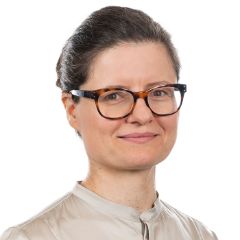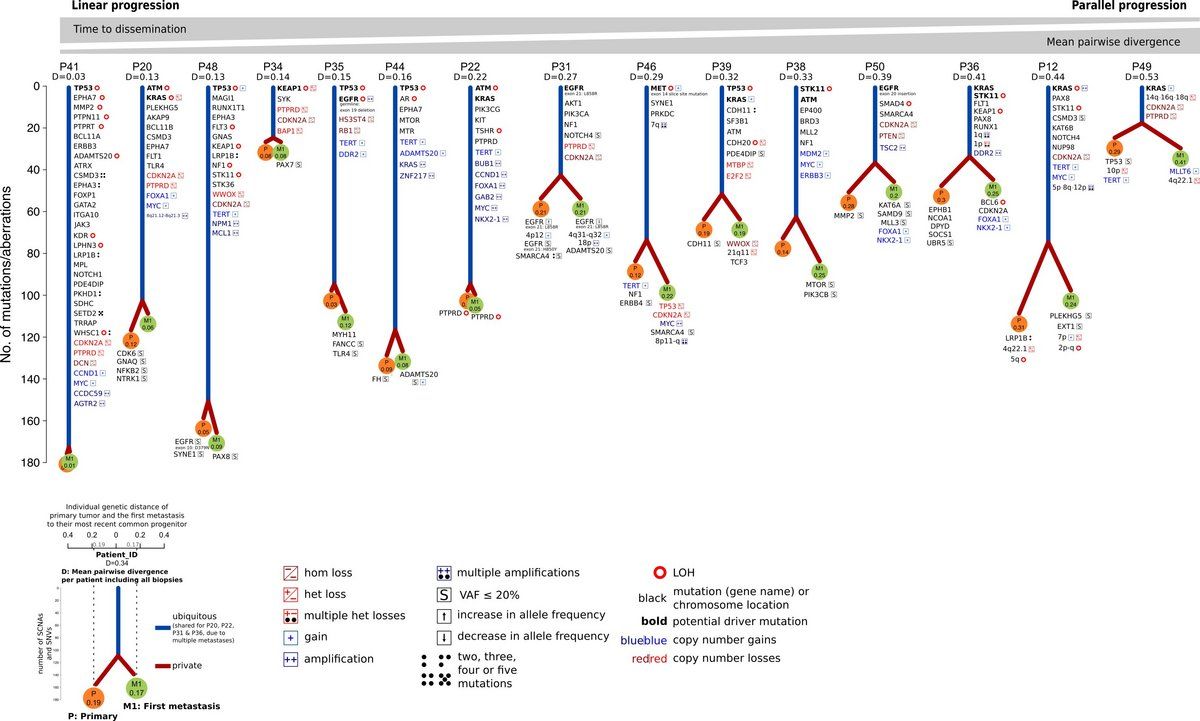Lung Cancer
Principal Investigators

Prof. Lukas Bubendorf
Leitender Arzt und Fachbereichsleiter Zytopathologie
Pathologie
Tel. +41 61 328 78 51

Group Members

Our Science
Despite recent therapeutic advances lung cancer remains the leading cause of cancer-related deaths worldwide. Our major interest lies in deciphering genomic heterogeneity and clonal evolution during the development and progression of lung cancer. Not only does this help us to better understand the variable clinical behavior of the disease but might also lead to the discovery of new therapeutic avenues.
To this end we are applying cutting-edge tumor cell enrichment strategies, next generation sequencing technologies and bioinformatics analysis on human tumor tissue specimens from our large biobank. Our tissue microarray resources and expertise in immunohistochemistry and fluorescence in-situ hybridization facilitate validation of individual biomarkers emerging from genomic profiling studies using "omics" technologies.

Genetic distances between primary tumors and metastases. A broad continuum of linear to parallel progression is present in this cohort of 16 lung adenocarcinomas. From Lorber et al.
Selected Publications
- Alborelli I, Leonards K, Rothschild SI, et al. Tumor mutational burden assessed by targeted NGS predicts clinical benefit from immune checkpoint inhibitors in non-small cell lung cancer J Pathol. 2020 250, 19-29
- Lorber T, Andor N, Dietsche T, et al. Exploring the spatiotemporal genetic heterogeneity in metastatic lung adenocarcinoma using a nuclei flow-sorting approach. J Pathol. 2019 247, 199-213.
- Savic S, Berezowska S, Eppenberger-Castori S, et al. PD-L1 testing of non-small cell lung cancer using different antibodies and platforms: a Swiss cross-validation study. Virchows Arch. 2019 475, 67-76
Awards and Grants
